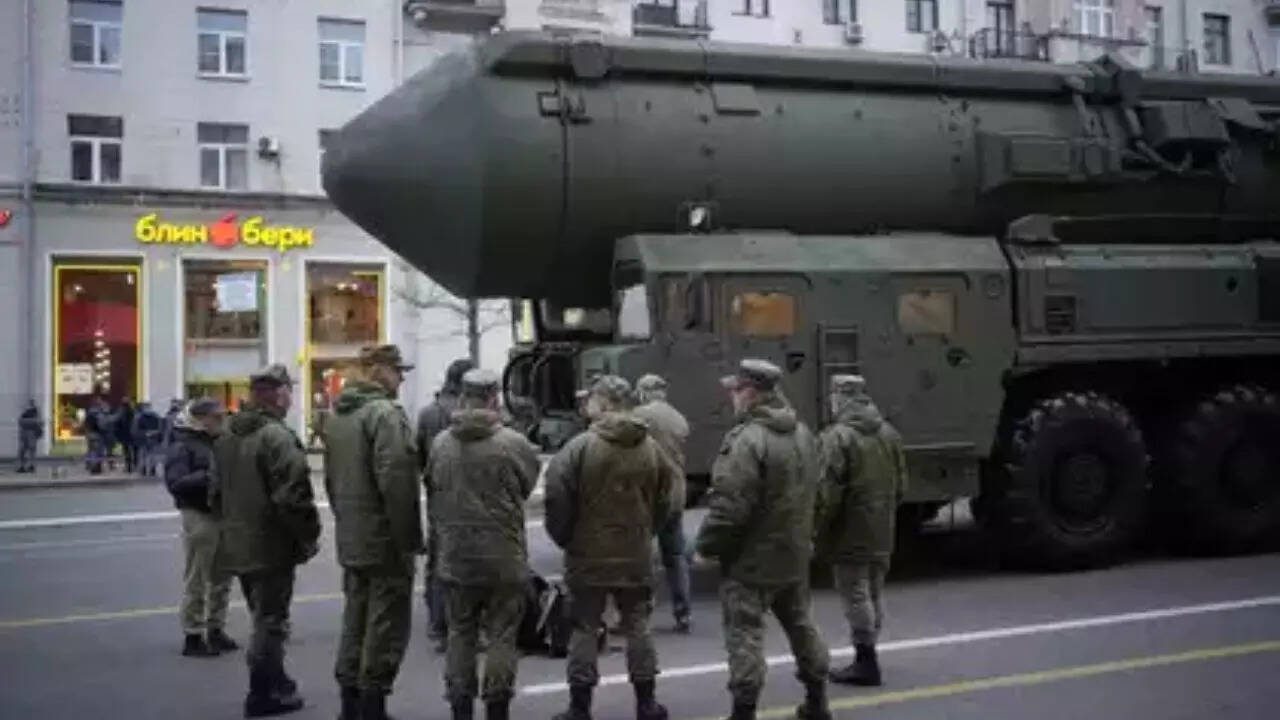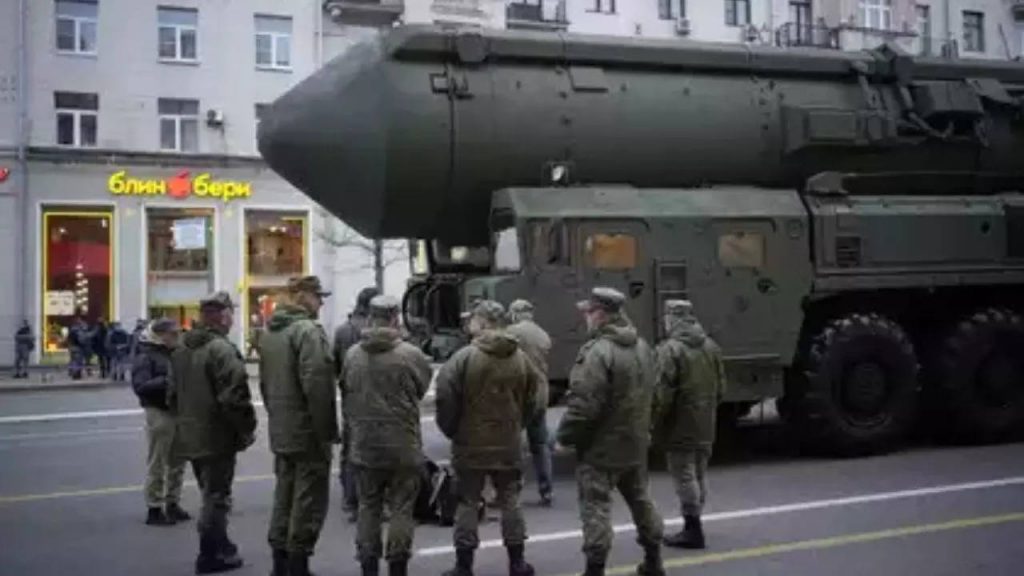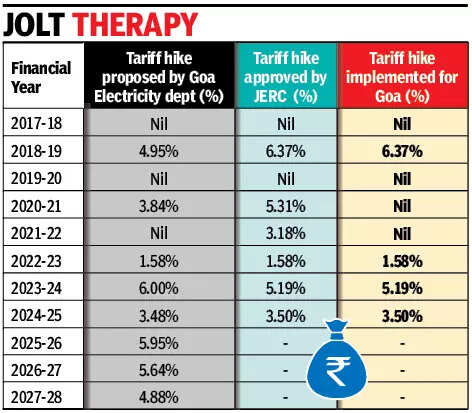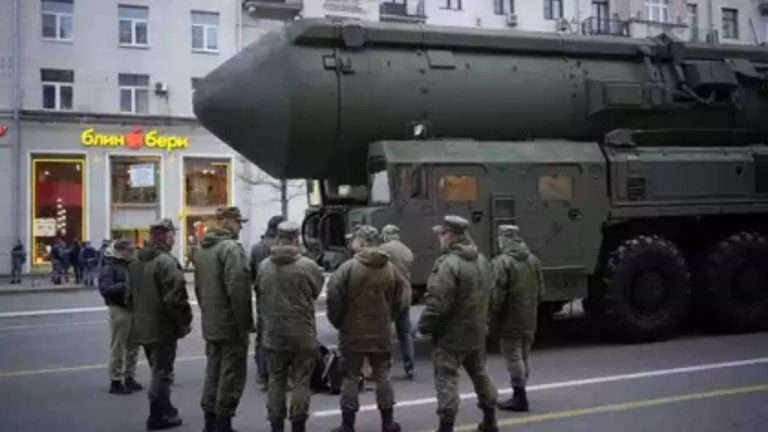After the fall of the Soviet Union, Ukraine inherited a significant nuclear stockpile. Despite possessing these nuclear weapons, Ukraine decided to relinquish them due to financial burdens and geopolitical risks. The 1994 Budapest Memorandum pledged security guarantees to Ukraine, but these proved to be unreliable when Russia annexed Crimea and backed separatists in Ukraine. The current Russia-Ukraine conflict underscores the vulnerabilities of Ukrainian security without nuclear deterrence. This situation has raised concerns about Ukraine’s ability to defend itself and has reignited debates about the country’s nuclear disarmament decision. The unresolved conflict in Eastern Ukraine and the ongoing tensions with Russia have put a spotlight on the need for Ukraine to reassess its security strategy. With the re-emergence of great power competition and the changing dynamics of global security, the issue of Ukraine’s nuclear weapons has once again become a topic of discussion. As Ukraine continues to navigate its relationship with Russia and grapple with internal divisions, the question of whether it should have kept its nuclear arsenal looms large. The fallout from the decision to disarm continues to have reverberations, reminding policymakers of the complex interplay between security, geopolitics, and nuclear weapons.

Posted in
JUST IN
Ukraine’s Decision to Give Up Nuclear Weapons Haunts Security Amid Russia Conflict: Analysis of Budapest Memorandum Betrayal
In Trend

“India’s Renewable Energy Capacity Surpasses 100 GW, Exceeding Government Targets”


















